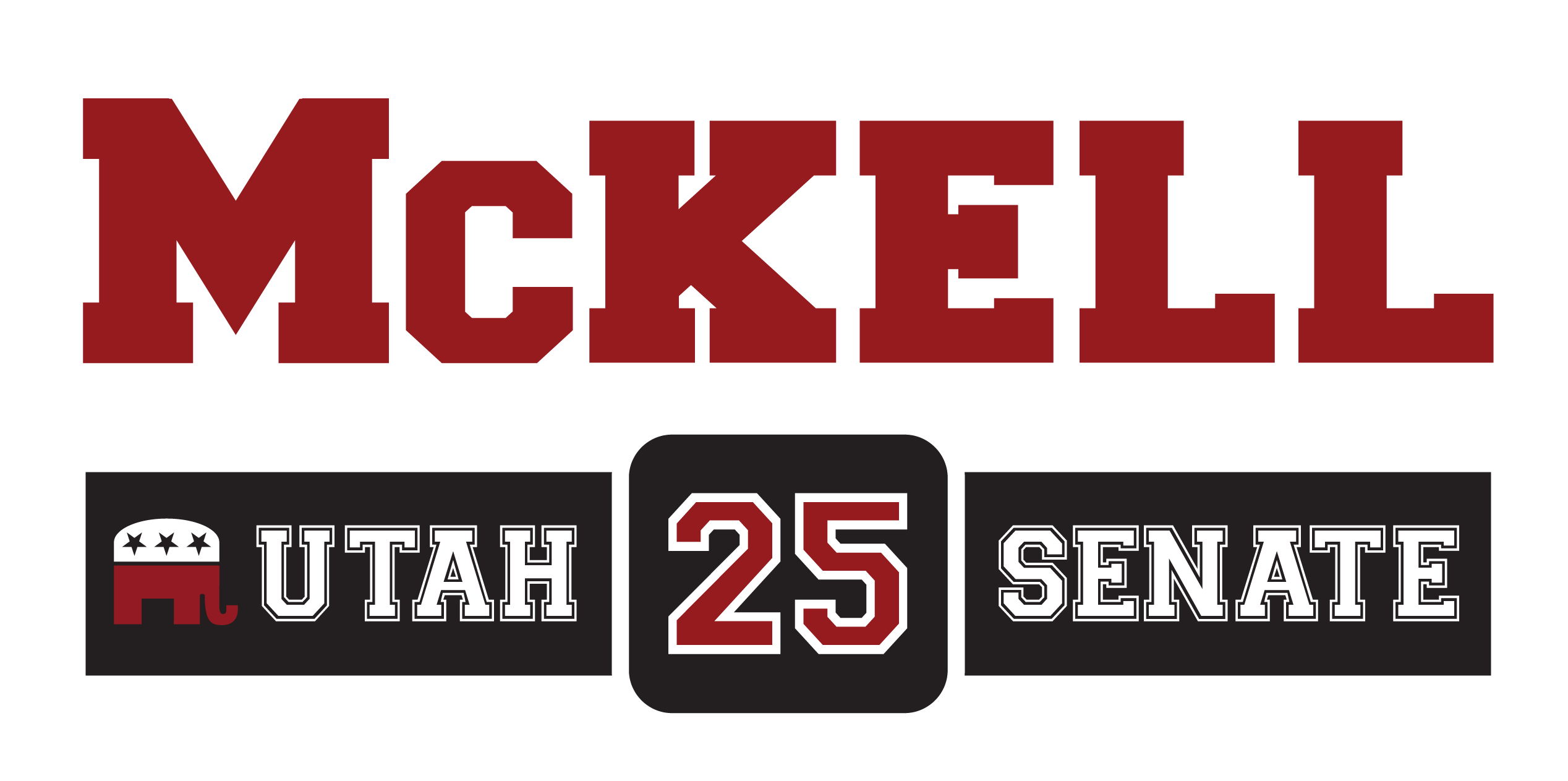Dear Friends and Neighbors,
We’ve officially passed the halfway mark for the 2025 session! With just three weeks to go, we have a lot of work left to do. Through fiscally responsible policies and forward-thinking solutions, we’re working to ensure Utah remains the best place to live and the number one state for social mobility, economic outlook, employment and more.
Every Friday, I post a legislative video update on my Facebook page. You can watch my most recent video below. As always, please reach out with questions or thoughts. Your feedback is vital.
Honoring Local Heroes
I had the great privilege of recognizing two local heroes from Spanish Fork, PJ Merrill and Traven Elquist, for their exceptional courage and quick thinking. These Spanish Fork High School students saved a man’s life during a cross-country meet at Spanish Fork Sports Park this past August. Their actions serve as a powerful reminder of the importance of recognizing a need and taking action in emergencies.
Visiting with Students in Our District
I had the privilege of meeting with fifth graders from Spring Lake Elementary, where I answered their questions about the Capitol, governance, and the legislative process. I love visiting with students at our state’s Capitol. I’m always grateful for opportunities to engage with the next generation of civic leaders and share how our government works.
S.B. 178 Devices in Public Schools
Up until now, there has been no statewide policy on cellphone use in schools. S.B. 178 establishes a new standard by creating a state default policy to restrict cellphone use during classroom hours, replacing the previous approach of unlimited use.
Local Educational Agencies (LEAs) will still have the autonomy and flexibility to create policies tailored to fit their schools’ needs. School districts are also directed to create a policy that allows exceptions for device use during emergencies, medical needs, safety threats or for individual education plans. Additionally, the State Board of Education can create model policies that will help guide LEAs in implementing these changes.
Currently, 97% of students use their phones during school hours, and 72% of high school teachers report cell phone distraction as a major issue. Research shows that limiting smartphone use leads to improved test scores, a decline in bullying and fewer psychological-related healthcare visits among students.
This bill empowers school districts, teachers and students to create a more focused and productive learning environment. Instead of schools having to minimize the damage of cellphones, this approach will help schools tailor policies to use technology in smart and productive ways for student success.
S.B. 24 Child Abuse and Torture Amendments
S.B. 24 harshens penalties for child abusers by:
- Elevating child torture from a second-degree felony to a first-degree felony.
- Adds the offense of child torture to the list of offenses for which imprisonment is mandatory.
- Allows a judge to impose a mandatory minimum sentence of four years to life, seven years to life or 10 years to life, based on their discretion.
- Creates a new offense category by expanding the definition of aggravated child abuse to include both physical and psychological abuse over an extended period.
This bill is in response to a growing number of child torture cases nationwide, including a few high-profile incidents in Utah. Under current law, first-time offenders may not face prison time, as incarceration is typically recommended only for those with extensive criminal histories. This legislation seeks to strengthen penalties and ensure greater accountability for these crimes.
S.B. 224 Property Tax Relief Modifications
S.B. 224 helps those struggling to make ends meet by increasing the household income ceiling and expanding credits for low-income and senior homeowners and renters. This bill provides critical support, helping those on a fixed income stay in their homes and preventing displacement due to rising property taxes.
H.B. 249 Nuclear Power Amendments
Energy costs affect more than just utility bills—they impact the price of everything from groceries and transportation to everyday goods. Utah currently has the cheapest electricity in the nation, and we are committed to keeping it that way. As Utah’s energy needs grow—especially in emerging sectors like AI—we must at least triple our current energy production by 2050.
H.B. 249 lays the foundation for Utah to become the next energy innovation hub by leveraging new and emerging energy technologies to drive economic growth, create jobs and continue providing Utahns with safe, reliable and affordable power. H.B. 249’s three main components—the Utah Energy Council, Energy Development Zones and the Nuclear Energy Consortium—will work in tandem to ensure Utah leads in energy innovation and development.
By positioning Utah as a leader in energy innovation, we are securing a bright future for our state and helping ensure that the cost of living remains sustainable for all.

